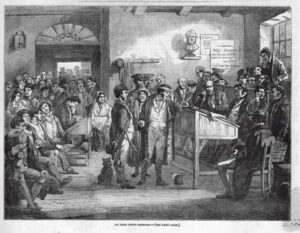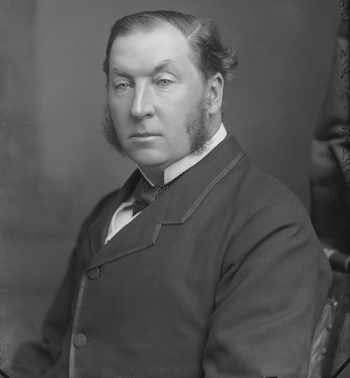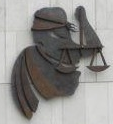Fighting anonymity with anonymity: open justice and cyberbullying
 Say you are a 15-year old girl. What would you do if you find a fake Facebook profile which contains a photograph of you, a slightly modified version of your name and other particulars which identified you, which discusses your physical appearance and weight in derogatory terms, and which includes scandalous sexual commentary about you? First, you’d contact Facebook, to have the fake profile taken down and to identify the IP address associated with it. Facebook take safety and security very seriously, especially where minors are concerned, and once they have verified the cyberbullying, they will no doubt be quick to help you out. Once you have the IP address, you can identify the relevant ISP, and ask them to reveal the names of the users associated with it, perhaps to identify potential defendants for an action in defamation or invasion of privacy. But what if Facebook or the ISP decline, and require you to get a court order before they give you that information. At this point, you run into a problem. Since justice is administered in public, you will have to disclose your identity and the facts surrounding the cyberbullying if you are to succeed in your claim against the Facebook or the ISP.…
Say you are a 15-year old girl. What would you do if you find a fake Facebook profile which contains a photograph of you, a slightly modified version of your name and other particulars which identified you, which discusses your physical appearance and weight in derogatory terms, and which includes scandalous sexual commentary about you? First, you’d contact Facebook, to have the fake profile taken down and to identify the IP address associated with it. Facebook take safety and security very seriously, especially where minors are concerned, and once they have verified the cyberbullying, they will no doubt be quick to help you out. Once you have the IP address, you can identify the relevant ISP, and ask them to reveal the names of the users associated with it, perhaps to identify potential defendants for an action in defamation or invasion of privacy. But what if Facebook or the ISP decline, and require you to get a court order before they give you that information. At this point, you run into a problem. Since justice is administered in public, you will have to disclose your identity and the facts surrounding the cyberbullying if you are to succeed in your claim against the Facebook or the ISP.…




